Life has changed at a blistering pace as a result of COVID-19. The courts are essentially shutdown and deadlines have been extended. Social distancing and sheltering in place as well as travel restrictions obviously impact scheduled mediations and scheduling mediations. On March 17, 2020, the North Carolina Dispute Resolution Commission issued the following statement:
“all mediations under a DRC program shall be conducted remotely, if all parties agree. Rule 4 of the MSC and FFS Rules provide a mediation may be conducted via electronic means with the agreement of all parties. If all parties fail to provide their consent to conduct mediation via electronic means, the matter shall be rescheduled after April 12, 2020.”
I have been conducting virtual meetings for several years using the Zoom platform. Although using it for mediations is new for me, Zoom is perfectly designed for remote or virtual mediations. The platform allows for a general session, provides the mediator the ability to establish breakout rooms, to move parties between rooms, and for screen sharing and a virtual whiteboard.
Addressing Objections to Virtual Mediation
Attendance: MSC Rule 4 allows attendance at mediation via electronic means only with consent of all parties.
Privacy/Recording: MSC Rule 4 prohibits recording the proceeding by any participant. Zoom allows for video recording but only the host (mediator) has that capability. Of course, it is possible for a party to screen capture the general session but any such recording would be a violation of the rule and would not be usable.
Privacy / Private Sessions: Zoom allows the host to establish breakout rooms. Participation in any room would be controlled by the mediator. Obviously the parties and their counsel could mute their microphones and communicate privately by “virtually sending the mediator out into the hall.”
One of the most valuable aspects of in-person mediations is the one on one time lawyers spend getting to understand the spoken and unspoken views of their clients with respect to the dispute.
Zoom’s breakout rooms allow the parties and their counsel to have these same conversations. Since the participants are working from home or office, they may not utilize the time away from the mediator to have these discussions. Naturally, we discourage multi-tasking or any other activity that distracts from these valuable interactions.
Commitment to the Process: We have all been on teleconferences and perhaps video conferences where one or more participants is “multi-tasking.” Most of us have been in mediations where one or more parties is there without any commitment. Resolution or impasse in virtual mediation is no different from in person mediation. Resolution comes from commitment, attitude, preparation and all the other things we have discussed on this blog regardless of whether the mediation is in person or virtual.
Sharing Information: Zoom allows the parties to share a powerpoint or other graphical information or evidence directly on the platform. Of course, email and other means of sharing are available as well.
Advantages Of Virtual Mediation
Travel: There are no geographical restraints. The only requirement to participate is an internet connection.
Time: Saves significant travel time even where all parties are local
Scheduling: Because there is no travel and because parties and their counsel can work from their office or home it should be much easier to schedule convenient mediation times.
Lower Key Atmosphere: The prospect of a face to face mediation is stress inducing for most parties. Meeting on-line may reduce that stress.
Flexibility: Virtual mediation allows for more flexibility in scheduling and conducting the mediation.




